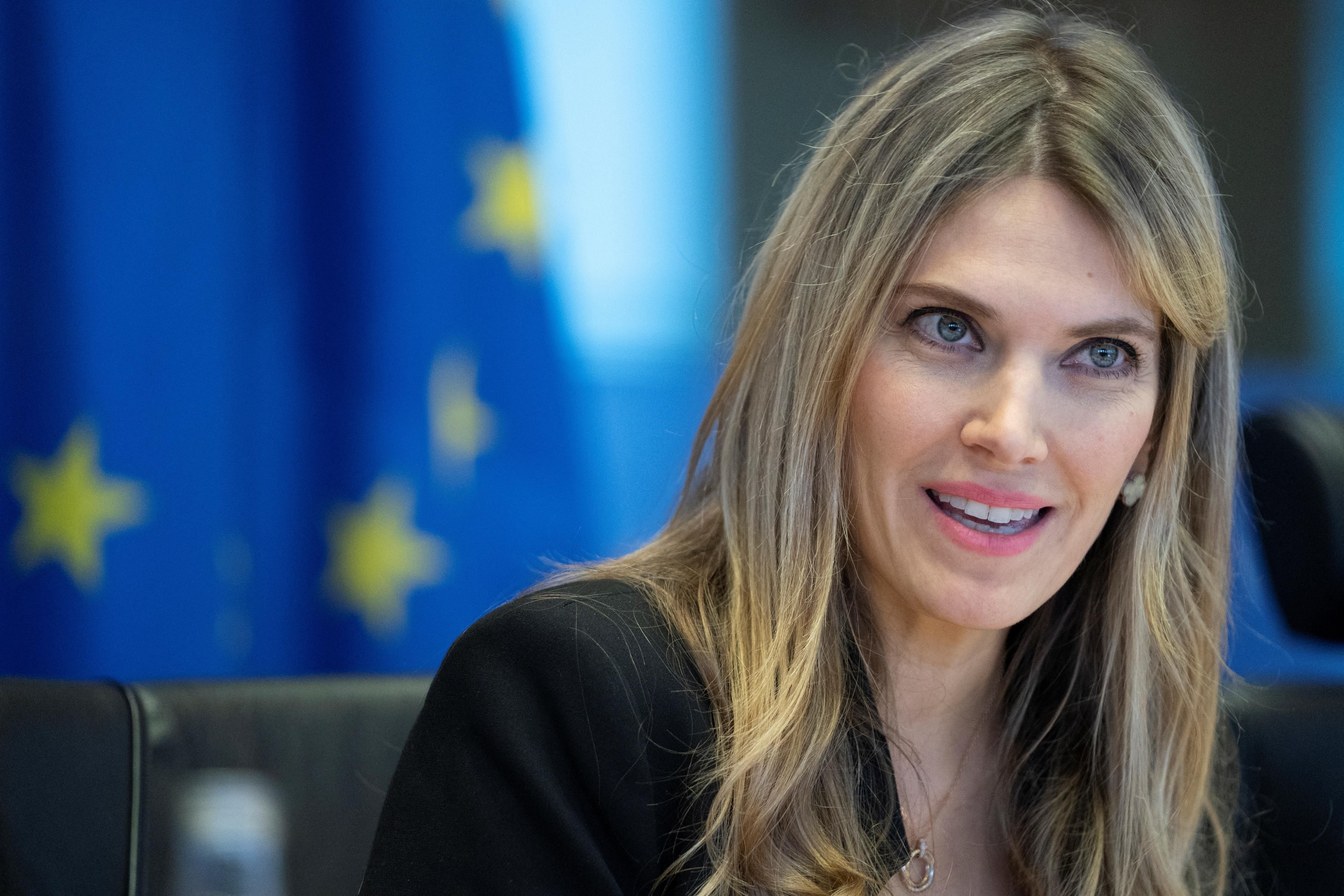Did Qatar bribe MEPs?
On Sunday, a Belgian judge charged four people with multiple crimes related to suspected bribery at the EU's legislature by a suspected Gulf nation. (It's Qatar, although, of course, the Qataris deny it.) Among the accused is Greek MEP and European Parliament VP Eva Kaili, who's been arrested and kicked out of the center-left parliamentary group as well as her own Pasok party in Greece. In what is being buzzed about as one of the chamber's biggest-ever corruption scandals, prosecutors suspect that the Gulf state tried to influence European Parliament decisions by giving money and gifts to MEPs. The bombshell probe comes just as Qatar is in the global spotlight over the FIFA World Cup, which many suspect the emirate paid bribes to host. Notably, just last month Kaili defended Qatar's human rights record, giving it credit for abolishing the kafala system that treats migrant workers as modern-day slaves. While the investigation is ongoing, the legislature has already suspended an upcoming vote on visa-free travel to the EU by Qatari nationals, and Greece announced Monday that it's freezing Kaili's assets.
